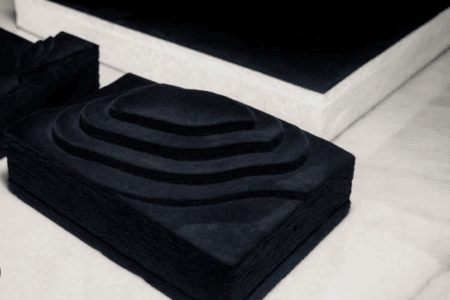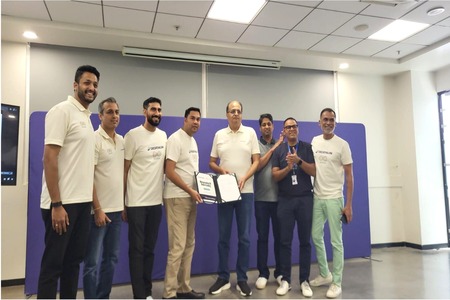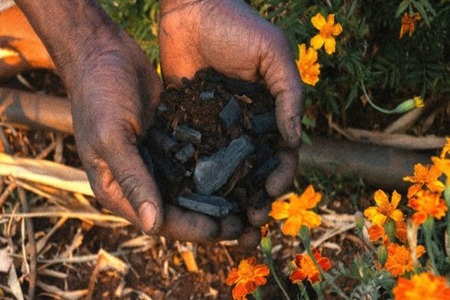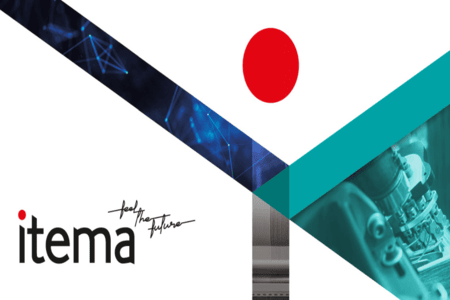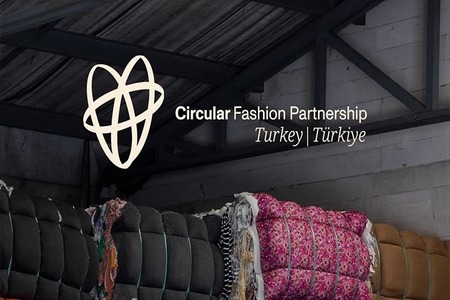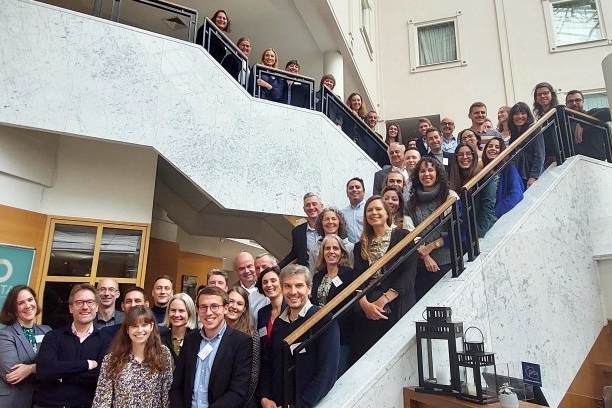
New EU CISUTAC project to support circular textiles
YarnsandFibers News Bureau 2022-10-04 05:51:34 – BelgiumA group of 27 partners is working together on the new CISUTAC (Circular and Sustainable Textiles and Clothing) Horizon Europe project to transform the textile industry into one that is circular and sustainable.
The project, coordinated by Centexbel in Belgium, intends to establish new, sustainable, and integrated large-scale European value chains in order to eliminate supply chain bottlenecks and reduce the sector's overall environmental effect.
The majority of the textile supply chain will be covered, with a focus on the three sub-sectors that experience the most circularity bottlenecks—fashion apparel, sports, and outdoor gear, and workwear—and on polyester and cotton/cellulose, which account for approximately 90% of all textile fibers.
Three pilot projects are intended to show the viability and benefits of garment repair and disassembly, sorting (for reuse and recycling), circular clothing through fiber-to-fiber recycling, and circular design.
The consortium partners will create semi-automated workstations, examine infrastructure and material flows, digitally improve sorting operations (for reuse and recycling), and boost consumer and textile industry knowledge in order to implement these pilot projects.
The companies and organizations involved in the project are Euratex, Global Textile Scheme, Inditex, Inlecom Commercial Pathways Ireland (ICP), Lenzing Group, Aimplas, the Association of Cities and Regions for sustainable Resource management (ACR+), Centexbel, Circular Systems, De Kringwinkel Antwerpen, Decathlon Produzione Italia, Erema Group, Oxfam, PCH Innovations, PVH, Rreuse, Sioen Apparel, Refashion, Research Institutes of Sweden (RISE), Södra Skogsägarna, Stam, Texaid, The Textile ETP, Texfor, Wageningen University, and Wargön Innovation.
Market Intelligence
Ask for free sample Report

experience
Customer Base
dedicated team
Countries Served Worldwide



